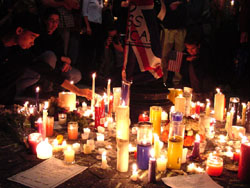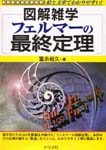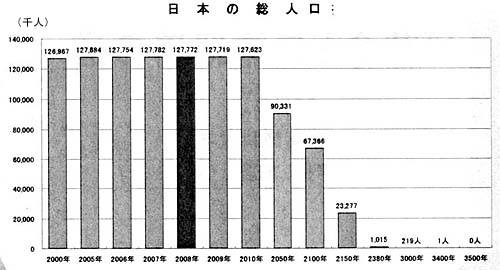


|
|
| Friends Go Anywhere | My Favorite things | Others |
|---|---|---|
|
Here are photos of my friends, that they took in their travels. Yatchan Series, Keichan Series Isobe-san Series, Kawabata-san Series Trip to All Nippon Airways (Hiramatsu-san), and so on. |
Books and Manga that I read are introduced here. (Features) Top 200 of movies The Rolling Stones Page The Classical Music Page Way to Porsche 911 |
Pylori Story Enigma of Pyramid About "Eigo" |


This is a photo taken on the Bow Lake. They stayed the Banff Springs Hotel in Banff. It looks wonderful like a chateau. Lake Louise was covered with ice. It seems to be in winter there even in May. They found an avalanche. This photo is "Plain of Six Graciers is beyond there"(?) per Hayakawa-san's explanation. In Banff, mountains were reflected on the lake. They encountered a deer on the way of walking, or a goat on the way of cycling.
****Previous "Friends go anywhere"****
 Return
Return
 Return To Top of This Page
Return To Top of This Page


As I could not find a painting, "A Clown", I introduce "A Doomed King" in Ohara Museum in stead of it.
 Fermat's Last Theorem was once popular. I read this book, as I wanted to learn the theorem. It is;
Fermat's Last Theorem was once popular. I read this book, as I wanted to learn the theorem. It is;
"There are no positive integers x, y, z, and n>2 such that xnÅ{yn=zn"
In seventeenth century, a mathematician, Fermat, wrote, "I found an astonishing proof but there's no room to write it here." and died without the proof. The teorem had not been proved for alomost 360 years.
I started to read the book to find how it was proved. But the author of the book seemed to believe that it is necessary to study the basic mathematics to understand Fermat's Last Theorem. In the first 200 pages of 220 pages of the book, basic mathematics are explained. I was a little bit disappointed. But it was unexpectedly interesting. After a number was created in a stone age, the evolution of numbers such as natural number, integer, rational number and irrational number are described. It also describes episodes of "pi", "e" and so on, and historical mathematicians, such as Pythagoras, Diophantus, Pascal, Euler, etc.
I enjoyed stories of historical mathematicians or advanced mathematics in old China. But the chapter of "Tools for the Last Theorem" was quite difficult to understand because of quite advanced theories.
In 1994, a British mathematician, Andrew Wiles, proved the Last Theorem. Some Japanese take part in this proof. It was found that if "Tanimura - Shimura Conjecture" is true, then the Last Theorem is true. Wiles succeeded to prove Tanimura - Shimura Conjecture utilizing Iwasaki's Theory. After all three Japanese took part in the proof of the last theorem.
In Japan, mathematics or theory of "e" might be behind to the world. But it is fun that Japanese contributed to the difficult problem that had not been proved for almost 360 years.
Author : Hirohisa Tominaga, Publication : Natsume Company
 Return
Return
 Return To Top of This Page
Return To Top of This Page

Now the population is approximately 127 million, and 90 million at 2050, 67 million at 2100. 100 years later, population of Japanese will become half of today.
According to the lecture, 50% of people living in Japan should be foreiners to keep current economy size in 2100. Now people around us are almost Japanese and we can communicate with Japanese. But in the future, people around us might be foreiners and they speak different language and have different culture.
He said, "Japan will be a society of unkown people, unkown countries and unkown organization in 21st century."
By the way, this situation is quite normal in U.S. A person who looks like totally Japanese talks to me in English there. People from many countries, south america or asia, are working for taxi drivers, in restaurants or gas stations. I feel strange that Japan will be the situation like that. In the street, there would be full of English, Chinese or other languages on sign boards or information boards. It would be exciting. ( I will not be alive then though. 20 or 30 years later, are people of 20% from other countries? )
And population of Japanese will be around 1000 in year 2250, 200 in year 3000 and zero in year 3500. But I believe many people of mixed races will be living in Japan. People who are born in Japan must be called "Japanese". I hope they still use (right) Japanese and keep Japanese culture then.
****Previous "Comments"****
 Return
Return
 Return To Top of This Page
Return To Top of This Page